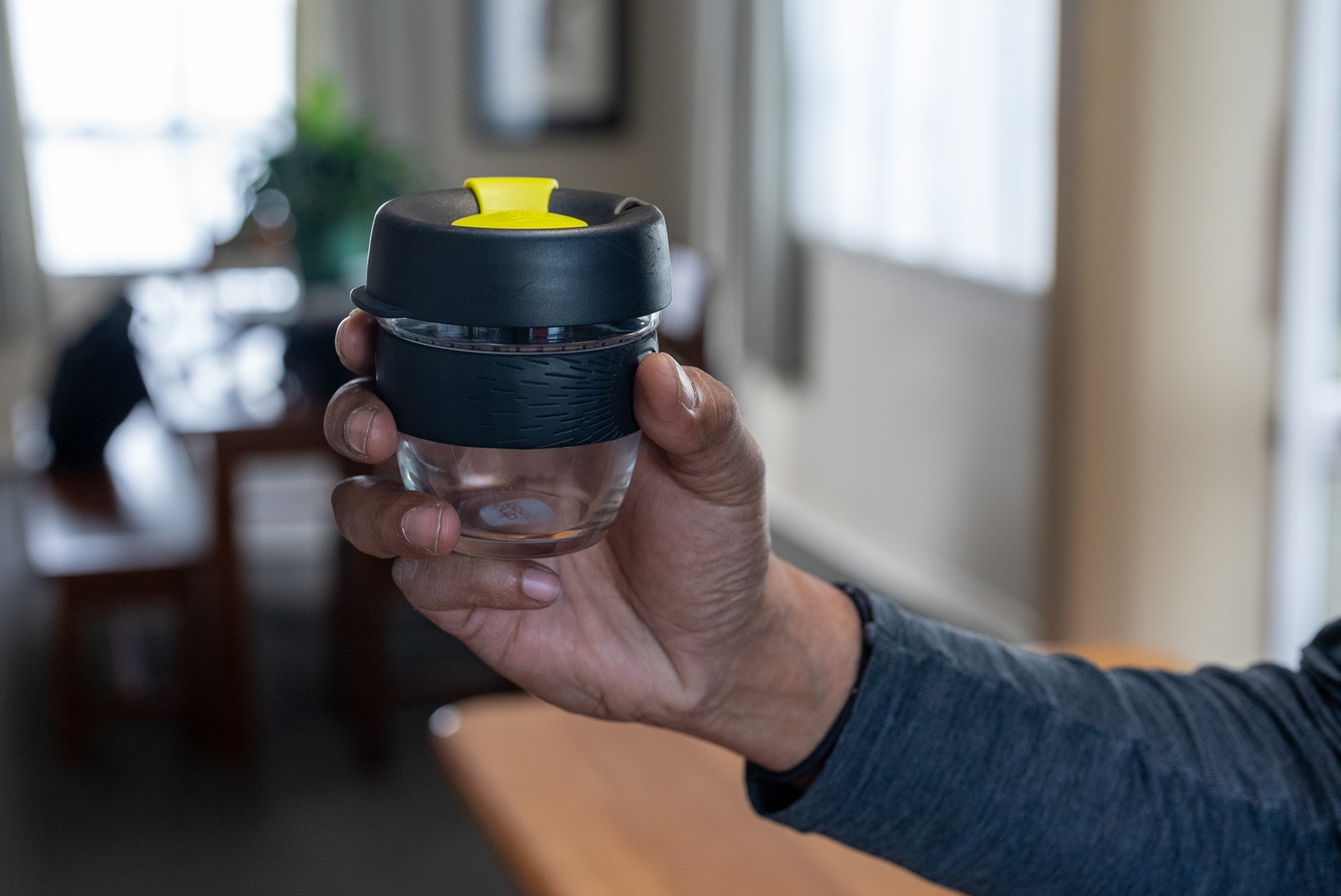Waste Management and Minimisation Plan
Our long-term vision is to have the Buller community understand their waste consumption, their impact on the environment and commit to reduce, reuse and recycle.

West Coast Regional Waste Management and Minimisation Plan
New Zealand’s is on a strategic pathway towards becoming a circular economy and we all need to play a part in this. The West Coast Regional WMMP 2018 sets out how Councils will progress waste management and minimisation on the West Coast in line with this strategic direction.
This plan, which is reviewed every six years, paves the way forward, considering current policy, the legal framework and the West Coast region, with an overarching set of guiding goals and objectives.
Waste minimisation goals
To monitor progress towards these goals, Council uses three key indicators, which it aims to reach by 2025:
- Our goal is to reduce the average amount of waste per resident to 25 kg/per head per month
- Our goal is to reduce the percentage of contaminated recycling to 20% per month of total recyclable material collected
- Our goal is to increase the percentage of recycling collected to 35% per month of total waste produced.
West Coast Regional Waste Assessment
The Waste Assessment establishes the planning foundations for the Waste Management and Minimisation Plan (WMMP) prepared by the Buller District Council, Grey District Council and Westland District Council.
The Waste Assessment and the WMMP outline each Council’s obligations to evaluate and plan for waste minimisation and management in their district under the Waste Minimisation Act 2008.
Find the most recent version of this document here.
Challenges for Buller
The district has very limited facilities to deal with refuse and no facilities to process recyclable materials. Nelson York Valley in Nelson is where most of Buller’s waste material goes, although there are two smaller landfills in Buller. Recycling is sent away to be processed.
Refuse and contaminated recycling from Buller are sent to a landfill, so it is important to recycle as much as possible. If recyclable materials are recycled right, they can have a second life.
Reducing refuse as part of the equation is extremely important since there is no means of reusing or processing refuse. Refuse items have reached their end of life. The only way to dispose of these items is in a landfill where they accumulate.
West Coast Tai Poutini Organic Waste Collection & Processing Feasibility Study
In July 2024, the Buller, Grey, and Westland District Councils conducted a region-wide food and green waste survey to gauge how West Coasters currently dealing with food and green waste, and their preferences for collecting it in urban centres.
In May 2023, central government developed a policy requiring all district and city councils to offer food and green waste collection for urban areas with over 1,000 residents by 2030. For the West Coast, this affects Westport, Reefton, Greymouth and Hokitika.
The three councils received funding from the Ministry for the Environment and Development West Coast to carry out the study and determine what might be possible in terms of both collection and processing of food and green waste on the West Coast.
While the study was in progress, central government reversed the requirement to collect organic waste from populations greater than 1000 residents, removing the mandate that brought about this work.
The study concludes that an approach combining community education around food waste reduction with a council/community partnership presents the best model for further development. This would draw on the strengths of both parties, while providing small-scale food waste collection and processing for the wider community without heavily impacting rates.
Read the full results of the survey here.



